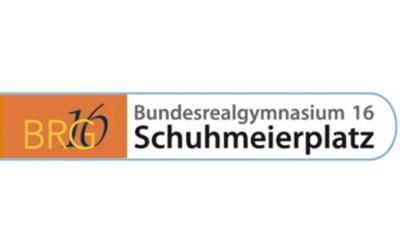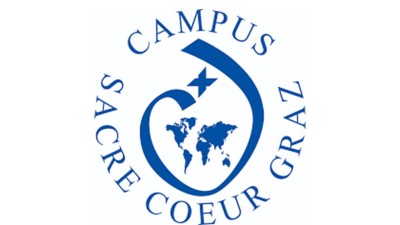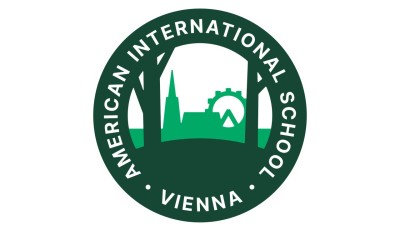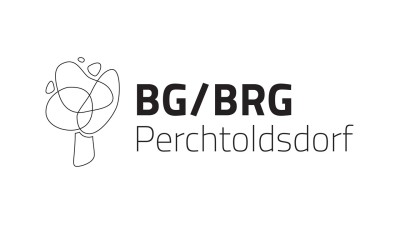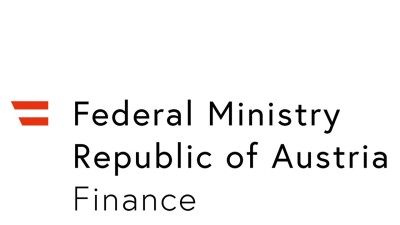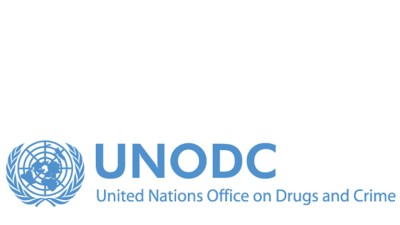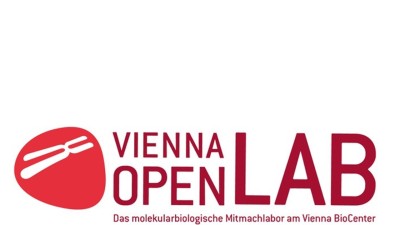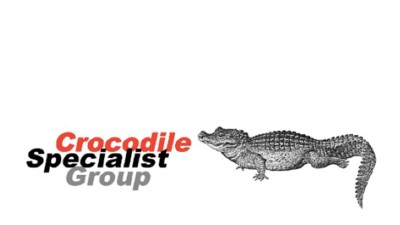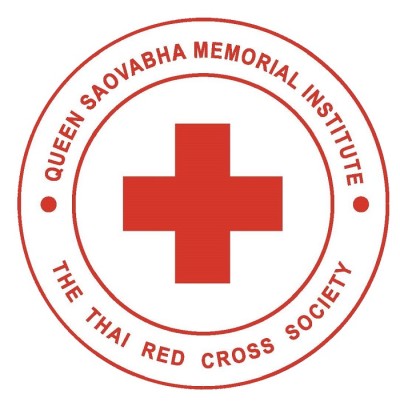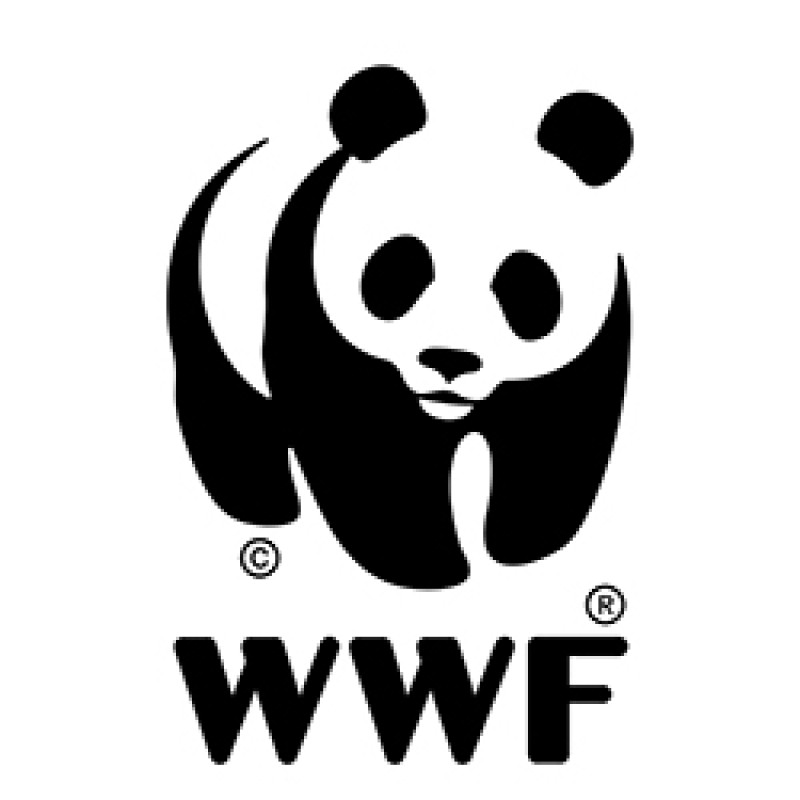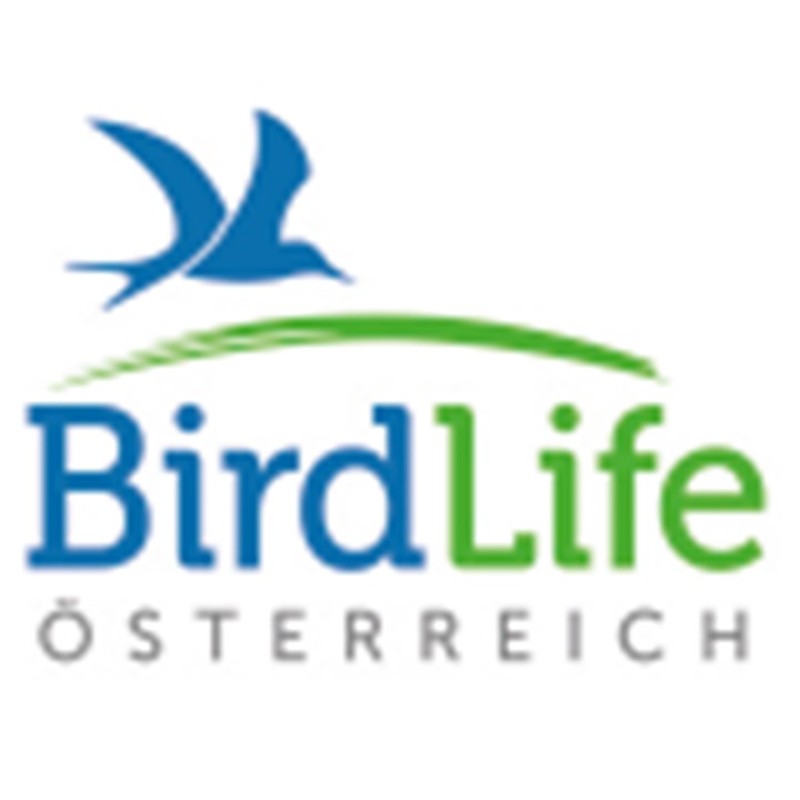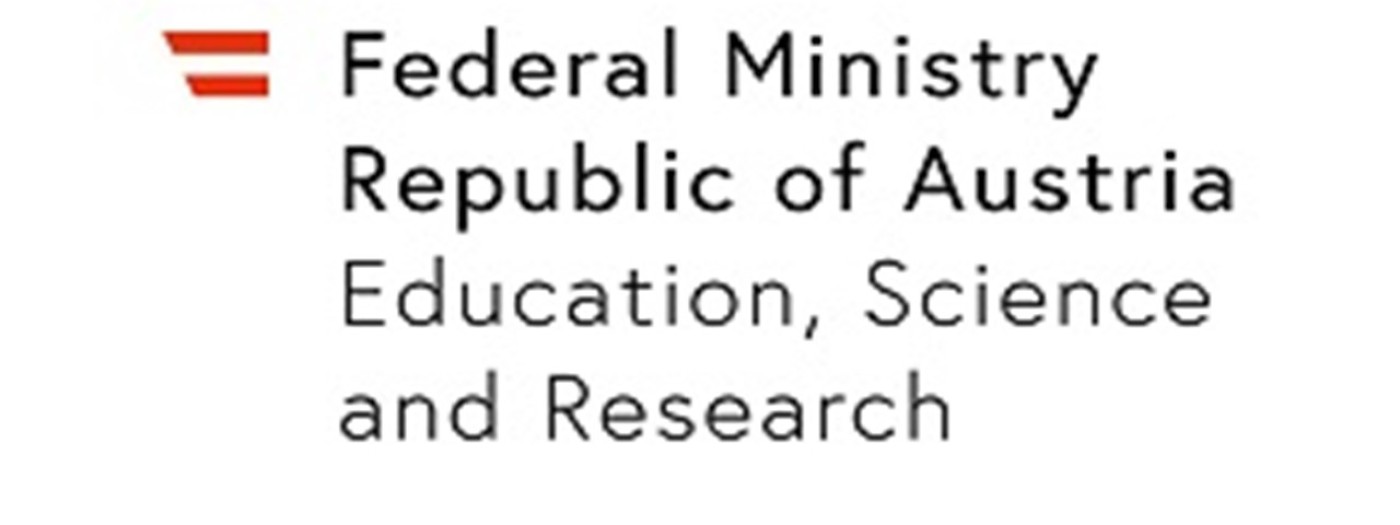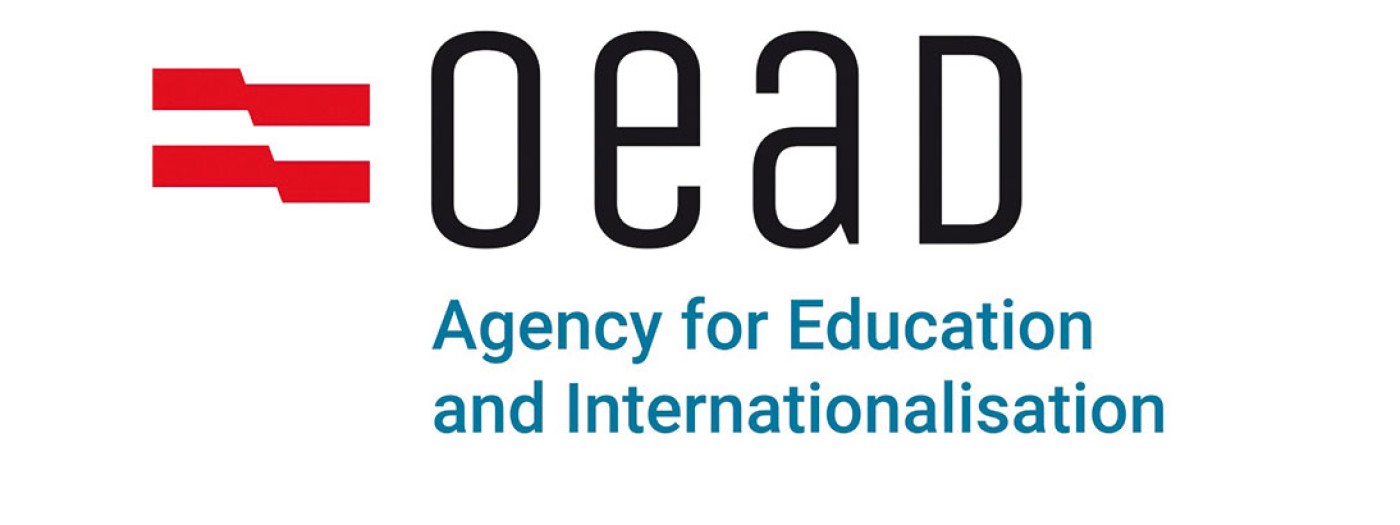In recent years, wildlife crime has increasingly become the focus of public awareness and is also a subject on political agendas.
On a global scale, illegal poaching represents a significant, existential threat to many endangered and protected species.
Further, the illegal trade in wild animals and plants is subject of organized crime worldwide. Illegal activities range from
killing and trading in protected wildlife species, hunting trophies, fashion items and works of art to the marketing and processing
of plant and animal components of endangered species for human consumption or traditional medicine. Since 1975, the international
trade in 36,000 endangered species of wildlife and plants has been regulated by the Washington Convention on International
Trade in Endangered Species of Wild Fauna and Flora (CITES). In Austria, organizations such as WWF Austria and BirdLife Austria
are trying to implement better protection measures of endangered species affected by wildlife crime. In order to punish violations
of the law and to counteract organized crime, a wide variety of specialists and research groups are needed.
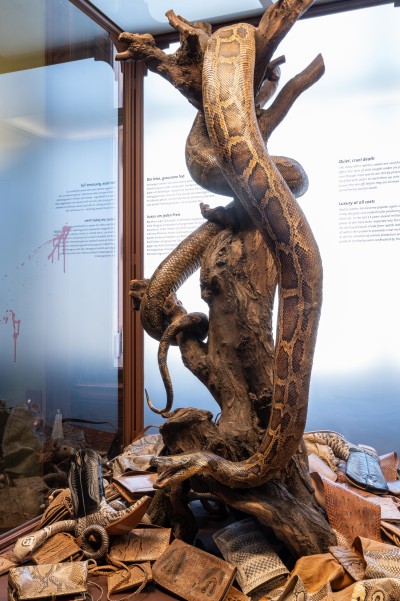
The project team of the Natural History Museum Vienna (NHM Vienna) would like to sensitize high school students to the topic
of wildlife crime and its impact on national and international species protection. The participants are actively involved
in research processes and work out the scope, background and effects of wildlife crime by using case studies. Through the
participation of national and international cooperation partners, school groups gain insights into the problematics of global
wildlife crime and species protection and its diverse working fields. For this purpose, the United Nations Office on Drugs
and Crime (UNODC) and the Austrian customs office will be visited and workshops with the Snake Farm of the Queen Saovabha
Memorial Institute Bangkok and the Crocodile Specialist Group of the International Union for Conservation of Nature (IUCN)
will be organized. On national level, conservation experts of WWF Austria and BirdLife Austria will address the problem and
scope of wildlife crime in Austria. Further, a wildlife forensics lab workshop will be held in cooperation with the Vienna
Open Lab. Participating school groups will additionally be assigned to conduct research in their own environment and results
will subsequently be incorporated into project outcomes and discussions. Project inputs and outputs in the form of information
and opinion exchange, lectures, brochures, publications and social media blogs should ultimately create added value for all
participants and draw attention to the global issue of wildlife crime. Active process participation and interdisciplinarity
are intended to counteract fears of contact, promote dialogues and enable bridging between science, society, (non-)university
research and school teaching practice across national borders.
Contact
Project leader: Dr. Silke Schweiger
Project members:
Mag. Marietta Hengl, MSc
Mag. Stefan Agnezy
Dr. Peter Sziemer
External project member:
Stefan Prost, PhD
Partner schools
Cooperation partners:

